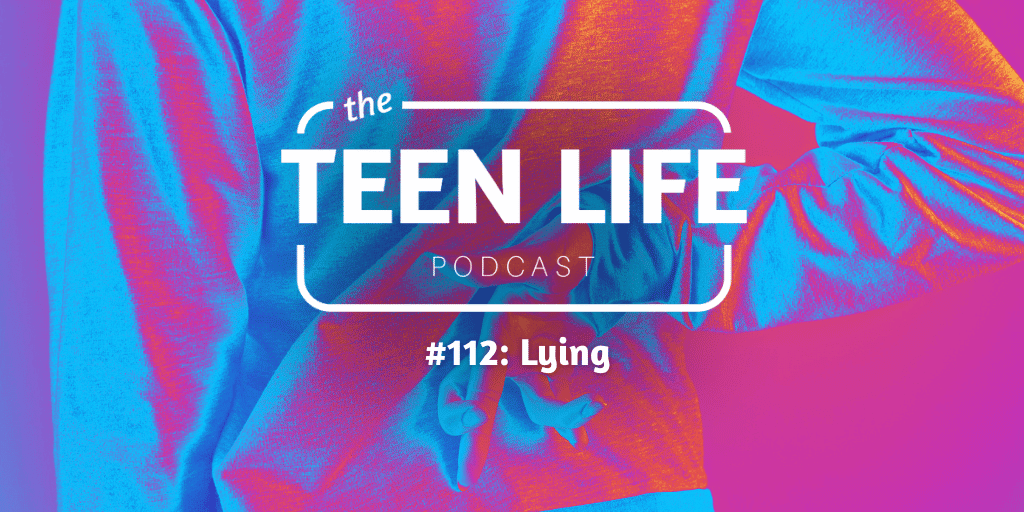
Ep. 112: Lying
Podcast: Play in new window | Download
What do I do when my teen is lying?
Lying feels personal, but what if it’s not?
In fact, 98% of teenagers worldwide lie to their parents.
That’s not a typo. Ninety-eight percent.
So, the bad news is that your teen is probably lying to you. But the good news is that it’s not really about you.
In episode 112, Chris Robey talks about what’s really happening most of the time when teens lie and how to handle tough conversations about dishonesty.
Check out these resources on teenagers and lying.
- Newport Academy: Why Do Teenagers Lie? And What to Do About
- Evolve Treatment Centers: What Parents Should Do When Their Teenager Lies to Them
- GreatSchools.org: When teens lie (because they all do!)
- EmpoweringParents.com: How to talk to your child about lying
- Podcast music by Luke Cabrera and Tobin Hodges
Have a question?
If you have a question about something you heard or just want to give us some feedback, please leave us a comment below. We would love to hear from you!
About Us

Chris Robey
Former CEO
Chris Robey | Former CEO
Chris has spent most of his career empowering teenagers from all backgrounds. As the former leader of Teen Life, he is passionate about helping students make good choices while also giving adults the tools they need to communicate more effectively with teens. Chris is a graduate of Midwestern State University and holds a Master’s Degree in Family Life Education from Lubbock Christian University.








